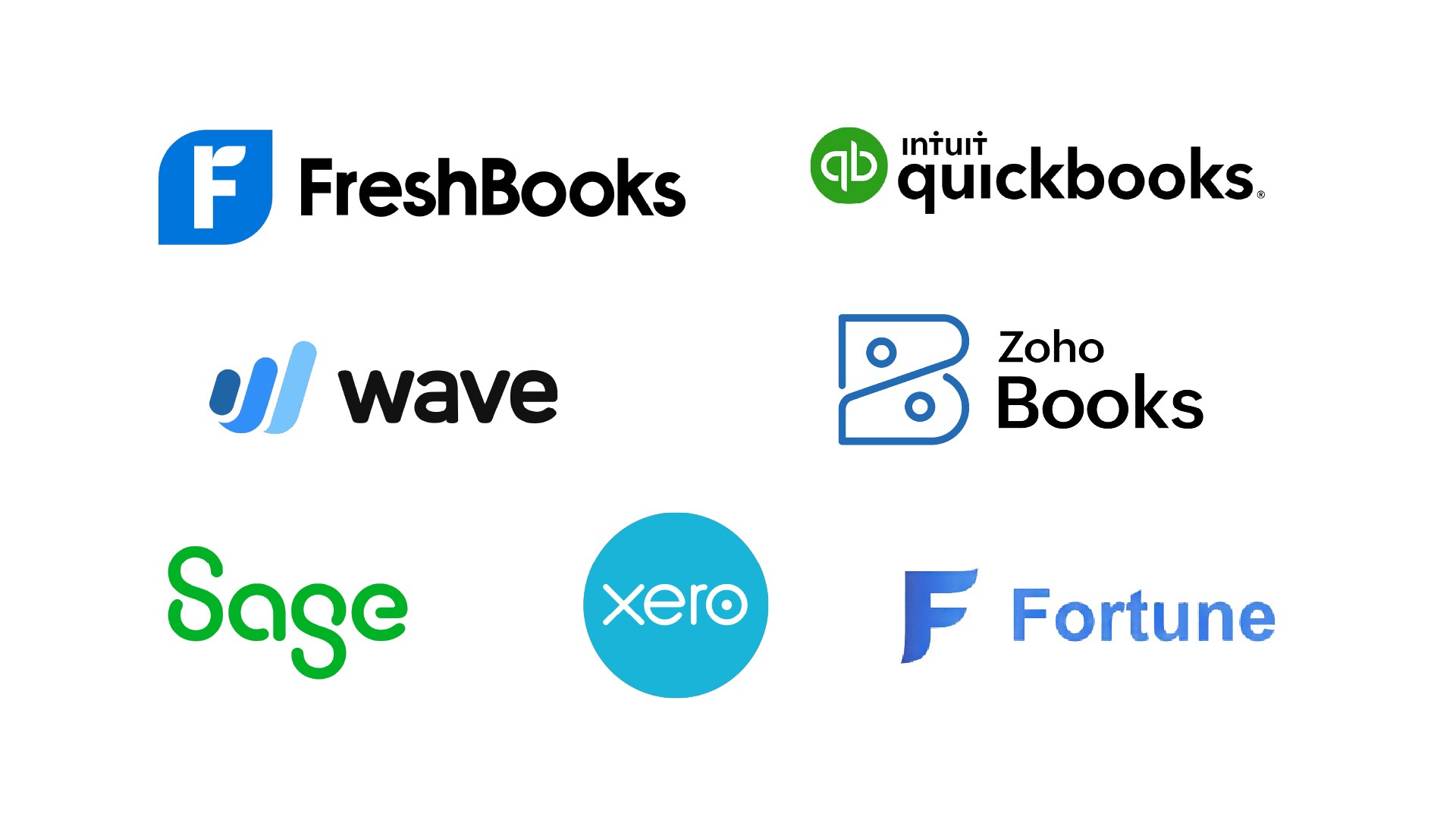
Back to Blog
Share Post:

AI
Sep 13, 2023
Cash Flow Management Using AI: Importance, Examples, and more!
Cash flow signifies the movement of money in and out of a business, a crucial measure of financial health and stability.
Artificial Intelligence refers to computer systems that mimic human intelligence, enabling tasks like problem-solving and learning from data, revolutionizing industries.
Combining the two, Cash management using AI leverages algorithms and data analysis to optimize cash flow, improve liquidity, and reduce financial risks.
This combination of the two ensures timely payments, predicts cash flow fluctuations, and enhances decision-making. Examples include AI-powered forecasting tools and automated invoice processing. Implementing AI in cash flow management can lead to more efficient, accurate, and profitable financial operations.
What Is Cash Flow?
Cash Flow is the term used to describe the flow of funds into and out of a company over a given time frame. It is an essential component of financial management as it is a critical financial statistic that represents a company's liquidity. What you should know is as follows:
Operating Cash Flow
Operating cash flow represents the cash generated or used in a company's core business activities. It includes revenue from sales, expenses, and changes in working capital. A positive operating cash flow indicates that a company can cover its day-to-day expenses and invest in growth opportunities.
Investing Cash Flow
This part of cash flow encompasses the cash spent on buying and selling assets like equipment, real estate, or investments. A positive investing cash flow suggests a company is expanding and acquiring assets, while a negative one might signify divestment or asset reduction.
Financing Cash Flow
Financing cash flow reflects money raised or spent to support a company's capital structure. It includes issuing or repurchasing shares, paying dividends, or borrowing funds.
A positive financing cash flow may indicate capital injection, while a negative one could signify debt repayment or distribution to shareholders.
Free Cash Flow
Free cash flow is the cash left after covering operational and capital expenditures. It's a critical indicator of a company's ability to generate surplus funds, which can be used for debt reduction, reinvestment, or returned to shareholders.
The formula for cash flow is typically calculated as follows:
Cash Flow = Operating Cash Flow - Investing Cash Flow + Financing Cash Flow
However, proper cash flow management ensures a business can meet its financial obligations, seize growth opportunities, and weather economic downturns. It's the backbone of any organization, impacting everything from paying employees and suppliers to funding innovation and strategic initiatives.
What is Cash Flow Management?
Cash flow management is a crucial aspect of financial planning for businesses and individuals alike. It involves monitoring and optimizing money movement in and out of an entity. Effective cash flow management is vital for maintaining financial stability and ensuring you have the resources to meet your financial obligations.
For businesses, cash flow management entails tracking revenue, expenses, and investments to maintain a healthy balance between inflows and outflows. This helps a company stay afloat, cover operational costs, and seize growth opportunities when they arise.
On a personal level, cash flow management involves budgeting, saving, and ensuring you have enough liquid assets to cover bills and emergencies. By actively managing your cash flow, you can achieve your financial goals and weather unexpected financial storms.
Explaining AI
Artificial Intelligence (AI) is transforming cash flow management, offering precise predictive analytics that anticipate fluctuations, optimize working capital, and identify growth opportunities. Machine learning models adapt to changing market conditions, predicting delays and suggesting strategies for a healthy cash flow.
However, automation reduces errors and enhances efficiency in invoice processing, expense tracking, and payment scheduling. AI-driven risk assessment evaluates partners' and consumers' creditworthiness, lowering cash flow risks.
Customized AI solutions tailor financial strategies, pointing out revenue optimization and cost reduction opportunities, potentially revolutionizing cash flow and profitability for businesses.
Why Is CashFlow Management Important?
Cash Flow management is a critical aspect of financial success for companies of all sizes. The following are the reasons why cash flow management is important for businesses.
Maintaining Liquidity
Effective cash flow management ensures a business has enough liquid assets to cover its day-to-day expenses. This means having sufficient cash to pay bills, purchase inventory, and meet other short-term financial obligations.
Forecasting and Planning
Businesses use cash flow management to predict future income and expenses. By forecasting cash flows, they can plan for periods of surplus or deficit, making informed decisions on investments, loans, and operational adjustments.
Minimizing Risk
Managing cash flow helps minimize financial risks. By identifying potential cash shortages, businesses can proactively address issues, prevent insolvency, and maintain a healthy financial position.
Investment Opportunities
Optimal cash flow management creates opportunities for investment in growth, research, and development. It allows businesses to allocate resources wisely, seizing expansion opportunities.
Reducing Stress and Uncertainty
By maintaining a steady cash flow, businesses reduce stress and uncertainty. They can focus on their core activities without worrying about financial instability.
How CashFlow Management Works In Accounting?
Cash flow management is a crucial aspect of accounting, ensuring a company's financial health. It involves monitoring the inflow and outflow of cash within an organization to maintain stability and growth. Here's how it works:
Short-Term Leasing
Companies often lease assets for the short term, like office space or equipment, instead of buying. This strategy keeps initial cash outflows low and provides flexibility. Cash flows reflect periodic lease payments, allowing businesses to adapt quickly to changing needs without a long-term financial commitment.
Long-Term Buying
When a company opts for long-term ownership, such as purchasing a building or machinery, the cash flow management focuses on financing options. This includes tracking the initial outlay, financing costs, and depreciation. Buying assets can lead to long-term savings but requires careful financial planning.
5 Ways AI Makes Cash Flow Management Better
Following are the 5 ways AI makes cash flow management better.
Automation of Key Processes
AI simplifies cash flow management by automating tasks like invoice processing and expense tracking. With AI, you can set rules and triggers to manage financial activities efficiently, saving time and reducing errors in data entry.
Better Decision Making
AI empowers informed decision-making by analyzing historical data and trends. It detects patterns and anomalies, helping you foresee cash flow issues. This information lets you make proactive decisions, such as optimizing expenses or securing additional financing.
Analytics for Bigger Datasets
AI handles extensive data effortlessly. It offers deeper insights into financial performance, hidden patterns, and market dynamics. By exploring historical data and customer behavior, you can make data-driven decisions to enhance cash flow.
Forecasting with Prediction Models
’AI uses machine learning to predict accurate cash flow forecasts. These models consider sales trends, historical data, and economic indicators, enabling effective long-term planning and ensuring you have the right cash flow to cover expenses and seize opportunities.
Continuous Monitoring and Alerts
AI provides real-time monitoring and timely alerts. It detects deviations from expected cash flow patterns, allowing immediate action to rectify issues or capitalize on favorable conditions. AI ensures better control over cash flow, promoting financial stability and growth.
What Is An Example Of Good Cash Management?
Good cash management is vital for the financial health of any individual or business. Following are the two examples of effective cash management practices:
Maintaining an Emergency Fund: By setting aside a portion of their income into a dedicated savings account, individuals can have a financial cushion to cover unexpected expenses, reducing the need to rely on credit or deplete their regular cash flow.
Working Capital Optimization: For businesses, effective cash management involves efficiently managing working capital. This includes minimizing excess inventory, extending payment terms to suppliers, and accelerating the collection of accounts receivable. These actions enhance liquidity and maximize cash on hand for essential operations.
Best AI Accounting Software For Cash Management
In financial management, harnessing the power of cutting-edge technology is paramount. Explore the best AI accounting software solutions for optimal cash management in this section.
Fortune App
Fortune App, an AI-powered financial management app for high earners and online businesses, enhances cash flow.
Its streamlined dashboard provides real-time insights into critical financial metrics.
Universal bank integration with no extra fees offers a comprehensive financial snapshot.
The powerful transaction search simplifies locating specific transactions, while expense category breakdown identifies savings opportunities. Automation eliminates manual data entry, ensuring up-to-date financial data.
Fortune's AI-driven approach increases cash flow by automating tedious tasks. It caters to a global audience, connecting bank accounts from the US, Canada, and Europe.
It's a modern, clear, and successful financial partner for high-income earners and online businesses.
Best Ways To Improve Cash Management
Following are the best ways to improve cash management
Invest In An Accounting Software
Investing in robust accounting software is the cornerstone of effective cash management. It empowers you to track your income, expenses, and cash flows efficiently. With real-time updates, you can make informed financial decisions without delays, helping you optimize your cash resources.
Utilize Data Analytics
Leveraging data analytics is another key to enhancing your cash flow. By analyzing historical financial data and identifying patterns, you can proactively adjust your business operations. This empowers you to reduce unnecessary expenses and increase revenue, ensuring a steady cash flow.
Bottom Line
In conclusion, adopting AI in cash flow management is vital for modern businesses. It enhances financial efficiency, reduces errors, and offers predictive insights. With real-world examples showcasing its effectiveness, embracing AI technology is imperative for sustaining healthy cash flow and overall financial stability in an ever-evolving business landscape.
FAQs
How Is AI Used In Financial Management?
AI revolutionizes financial management by automating data analysis, reducing errors, and enhancing decision-making. It detects anomalies, identifies trends, and aids in risk assessment, resulting in more efficient operations, improved fraud detection, and better-informed financial strategies.
Which Tool Is Used For Cash Management?
Cash management relies on various tools, with accounting software, AI-driven forecasting apps, and financial analytics platforms playing pivotal roles. These tools streamline financial tracking, optimize cash flow, and support informed decision-making.
How Will AI Transform Cash Management?
AI's transformation of cash management is profound. It empowers businesses by increasing forecast accuracy through predictive analytics, automating routine financial tasks, optimizing liquidity, and providing valuable insights, ultimately ensuring healthier financial stability.
How Does AI Prevent Money Laundering?
AI aids in preventing money laundering by employing advanced pattern recognition algorithms to scrutinize vast amounts of financial data. This technology detects unusual or suspicious transactions, helping authorities and financial institutions flag potential illicit activities and safeguard against money laundering.
Share Post:




